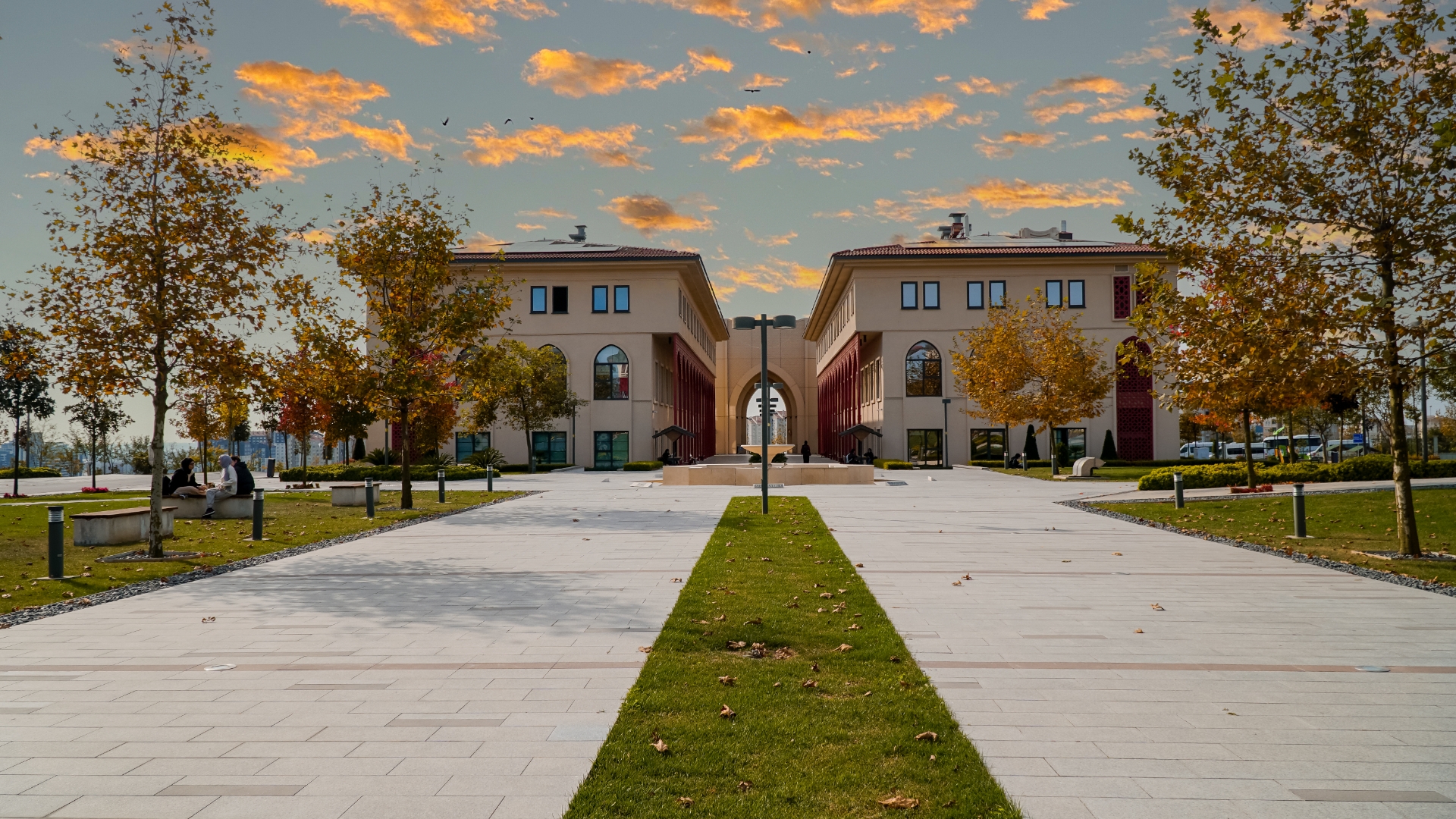


Ibn Haldun University has adopted Futuwwa to be its basis for education. Futuwwa in dictionary means “youth, bravery, generosity” and “youth, hero, generous” are synonyms of Fata.
Futuwwa has constituted the basis of youth education in the Islamic civilization in the periods of the Abbasids, the Seljuks and the Ottomans; it was the name of the system built on a combination of many values that symbolize the humanity of a human being such as courage, heroism, generosity and sacrifice.
Youth Education: Futuwwa
It had emerged since the early centuries of Islam and it was known under different names in Islamic geography. The institution of the Futuwwa, which aimed to raise young generations and gave direction to the youth, contributed to the theoretical infrastructure of Islamic thought. It is based on the articulated thoughts inspired from Quran and Hadiths by assembly of scholars, Sufis and noble traders. The Futuwwa treats putting the characteristics of the matures proposed in Quran and Sunnah on the agendas of individuals and simultaneously making them strive to manage the life by considering the balance of the world and the hereafter as its backbone values.
Universal Aspect of Futuwwa
The answers in our ancient texts to the question of “what is the Futuwwa?” can be summarized as: “turning a blind eye to others’ sins,” “Preferring the interests of others to one’s own self-interest,” “boosting morals such as self-sacrifice, altruism, goodness, assistance and philanthropy,” “persons using the resources at their disposal in meeting the needs of others, even when they themselves are in need, and their self-sacrifice for the good of others,” “adhering to the truth more faithfully,” “wearing the dress of (Taqwa),” “apologizing as Adam, good as Noah, loyal as Ibrahim, faithful as Ismail, sincere as Mousa, patient as Ayyub, generous as Dawud, merciful as prophet Muhammad, benevolent as Abu Bakr, fair as Omar, visionary as Othman and knowledgeable as Ali.”
These features are universal moral virtues. “Futuwwa” associations do not distinguish any religion, language, race, denomination or sect when considering these virtues.
The tradition of the Futuwwa is passed on to new generations by encouraging them to practice a certain etiquettes and manners in every aspect of social life in family, workplace, school, madrasa, Tekke, Dergah, bazaar, market etc.; it is found in the very simple but comprehensive form of “Futuwwatnamas,” which are symbols, stories, verses, and concise words in the daily life.
Ibn Haldun University continues its educational activities with the belief that the concept of Futuwwa, which had been the morality of virtuous youth for centuries, should be resurrected by adapting it to the present.